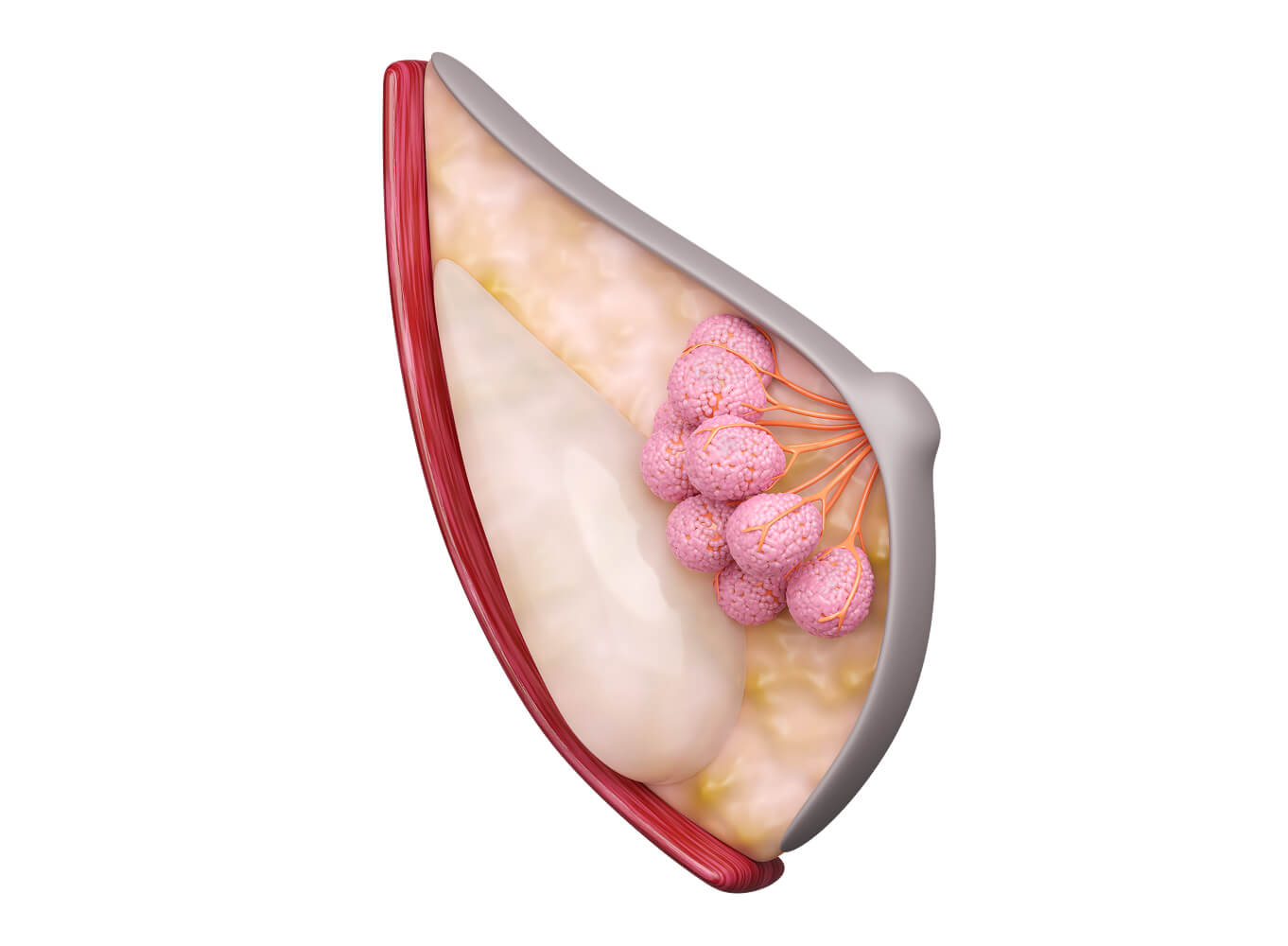Capsular Contracture Treatment in Baltimore, MD






Home » Capsular Contracture Treatment
Breast implants should bring confidence, not complications. But when the tissue around an implant tightens and hardens, it can create pain, distortion, and frustration no woman should have to endure. Capsular contracture is a treatable condition, and it deserves straightforward answers and skilled solutions.
Dr. Adam Basner sees capsular contracture for what it is: a problem that needs a precise, experienced approach. With Dr. Basner, you get clear guidance on capsular contracture treatment, honest recommendations, and a surgeon who knows how to do things right the first time.
ON THIS PAGE
Why Capsular Contracture Happens
Capsular contracture develops when scar tissue around a breast implant tightens more than it should. After breast augmentation, your body naturally forms a capsule of scar tissue to hold the implant in place. In some cases, that capsule hardens and contracts, squeezing the implant until it feels firm, looks misshapen, or causes pain.
Breast augmentation capsular contracture can happen for several reasons. Bacterial contamination during surgery, unnoticed bleeding, or certain implant placements can increase the risk. Sometimes it develops without a clear cause, but surgical technique and implant choice play a major role in preventing it.
Dr. Basner uses precise surgical protocols and proven implant selections to reduce the risk of capsular contracture. He believes doing breast augmentation right the first time prevents complications later, saving women from the stress of additional surgeries and discomfort that never needed to happen.
When to Seek Capsular Contracture Treatment
Not all cases of breast augmentation capsular contracture need surgery right away. The different levels of contracture are:
- Grade 1: Women develop a thin layer of scar tissue that keeps the implant in place without changing how their breasts look or feel. In these mild cases, breasts stay soft and natural.
- Grade 2: Firmness often sets in. Breasts might still look normal in shape but start to feel unusually tight. For many women, this stage brings concern even without visible changes.
- Grade 3: The changes become hard to ignore. Breasts can look overly round or stiff, and nipples might point in unnatural directions. Despite the dramatic change in appearance, pain isn’t always present at this stage.
- Grade 4: This most severe level involves appearance and discomfort. Breasts become hard, misshapen, and sensitive. Everyday activities or light pressure can cause pain.
If you notice any of these changes, it’s worth getting an expert evaluation. Capsular contracture treatment works best when guided by a surgeon who understands the medical and aesthetic aspects of the problem.
Dr. Basner’s Approach to Capsular Contracture Repair
Proper capsular contracture treatment can encompass different methods. Dr. Basner focuses on long-term results by combining a precise surgical approach with proven materials that support healing. Some cases of capsular contracture can be managed by releasing the scar around the implant. But advanced or recurring cases may require more extensive breast revision surgery.
During breast revision surgery, Dr. Basner often uses Strattice™, a new approach that works well for people with recurring or advanced capsular contracture.
Until recently, there wasn’t always a good treatment for this condition. But Strattice™ is a game changer, resulting in dramatically less recurrence than other methods.
This biocompatible surgical mesh acts like an internal support system. Strattice™ reinforces weakened or damaged tissue, giving the implant a stable foundation and reducing the risk of capsular contracture returning. Think of it as creating a strong framework within the breast pocket.

The mesh integrates safely with your natural tissue while keeping the implant in its proper position. For many women, this approach means a softer, more natural feel and peace of mind knowing the issue is far less likely to happen again.
If capsular contraction occurs, choosing an experienced surgeon who uses the right techniques and materials makes all the difference in your comfort and confidence moving forward. Not all surgeons are familiar with Strattice™. Finding a surgeon with expertise in this approach significantly decreases the likelihood of capsular contracture recurring.
What to Expect During Capsular Contracture Revision Surgery
Capsular contracture repair isn’t a one-size approach. Dr. Basner tailors each revision to match your anatomy, implant history, and goals.
During surgery, he removes the thickened scar tissue around the implant. If needed, he replaces the implant, especially if it’s damaged or outdated. In many cases, he places Strattice™ to strengthen the breast pocket and prevent future complications.
The procedure typically takes one to two hours under general anesthesia. You can go home the same day with a surgical bra to support healing. Most women return to light daily activities within a week and resume exercise after Dr. Basner clears them at follow-up visits.
Expect some swelling and tightness at first. As your body heals, the breast softens into its natural shape and position. Dr. Basner prioritizes clear communication and realistic expectations at every step so you feel confident about your recovery plan.
Choosing capsular contracture revision surgery is about reclaiming your comfort, shape, and confidence. With the right surgical approach, you can move past the pain and frustration of capsular contracture and enjoy results that look and feel right.
Book Your Consultation Today
Don’t let capsular contracture keep you in pain or feeling frustrated with your results. Dr. Basner, board-certified Chief of the Division of Plastic Surgery at Sinai Hospital, delivers precise capsular contracture treatment that restores comfort and a natural shape. Deemed a Top Doctor by Baltimore Magazine and ranked by Newsweek among America’s best plastic surgeons for breast augmentation, liposuction, facelift, rhinoplasty, and eyelid surgery, Dr. Basner brings unmatched expertise to every revision procedure.
Frequently Asked Questions
Choosing the right capsular contracture treatment starts with clear answers. Here are some of the most common questions women ask about this condition and how Dr. Basner approaches care.
What is capsular contracture?
Capsular contracture is scar tissue around a breast implant that tightens and hardens more than it should. This can cause your breast to look misshapen, feel firm, or become painful over time. About 10% of women who undergo breast augmentation develop capsular contracture.
Can capsular contracture go away without surgery?
Mild cases may stay stable without treatment, but moderate to severe capsular contracture won’t resolve on its own. Surgery is the most effective way to correct it and restore comfort and a natural breast shape.
How can I prevent capsular contracture after surgery?
Choosing an experienced surgeon who uses precise techniques, proper implant placement, and careful infection control can greatly reduce your risk. Dr. Basner also selects implant types that have a lower association with capsular contracture.
Schedule Your No-Obligation Consultation
Fill out the form below to request a consultation or give us a call at 410-616-3000
Articles Related to Capsular Contracture Treatment

Breast Lift vs. Augmentation
Breast enhancement procedures are surgical methods used to change the

The Benefits of Breast Augmentation
The Benefits of Breast Augmentation Breast enhancement surgery continues to

What Is a Mommy Makeover Breast Augmentation?
Pregnancy changes your body in ways no amount of clean